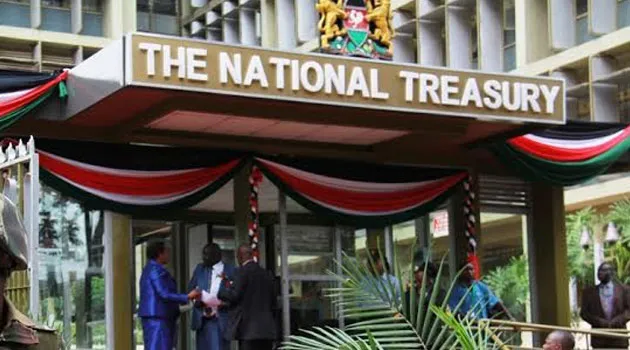Share this post:

To fund the 122,634 students who sat their KCSE last year, Helb needed Sh13.8 billion but only Sh2.4 billion was provided in the budget. The Sh2.4 billion, according to the state department, can only cover tuition and accommodation for 21,512 students.
A record 83% of 2023 KCSE students will not receive government funding after the government cut Helb’s budget. Continuing students under the old funding system will also be left out. These revelations are contained in the National Assembly’s Education Committee report on the 2024-25 budget estimates, chaired by Tinderet MP Julius Melly.
State Department for Higher Education and Research Principal Secretary Beatrice Inyangala urged the committee to intervene to prevent a full-blown crisis.
Helb requested Sh31.89 billion for tuition and upkeep loans for both continuing students and last year’s candidates. However, there is a Sh11.4 billion deficit in the proposed 2024-25 financial year estimates. With the available funding, Helb can support all continuing students under the new model but only 17.2% of new students.
In the 2023-24 financial year, Treasury allocated Sh34.1 billion to the 369,029 students admitted under the old funding model. This has been reduced to Sh17.85 billion for the coming financial year, affecting students in their third to sixth years the most.
Continuing students at four universities—Moi, Eldoret, Kabianga, and Nairobi—will not be funded if Parliament passes the proposed budget estimates. Inyangala warned that this contravenes the principle of equal treatment of universities and students and may cause some students to drop out.
The higher education subsector relies heavily on human resources. A significant budget reduction implies that universities will struggle to meet payroll costs, risking strikes by students and staff, which could threaten university stability.
Despite the cuts, Treasury allocated Sh22 billion to scholarships under the new funding model for students progressing to their second year and newly admitted students joining in September.
Documents presented to the Melly-led committee revealed that all 36 public universities have accumulated Sh76 billion in pending bills as of August 30 last year, leading to a financial crisis with 23 of the 40 universities considered technically insolvent.